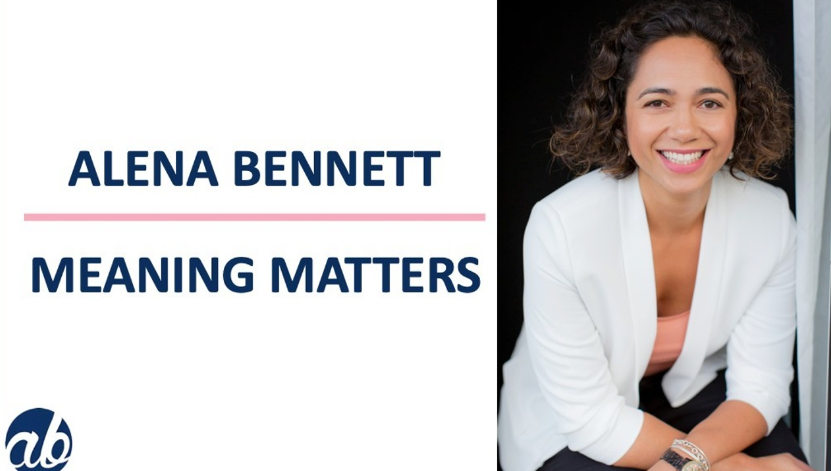One of the greatest challenges for CFOs is time. At the core of this challenge is a conflict between doing the work they know they should do and worrying about the work they could do if they had that time.
CFOs know their mandate: that is, the technical or financial element of their job. They're also painfully aware of the opportunity to be a strategic business partner, where they can interpret financial performance and find insights and opportunities to inform business decisions. Last year put CFOs back into the detail - on the tools – and they were deep in daily cash flow cycles, weekly forecast cycles, they were up to their elbows in spreadsheets and scenarios. Getting through the financial reporting period took 'crunch time' to a whole new level.
Now that we're not operating at the same level of intensity, I'd like to offer a new perspective on the impact of the challenge of time for the purpose of helping you elevate your leadership and influence better outcomes for your organisation.
We lose our ability to think
1. Lack of time prevents us from deep thinking. CFOs are required to make rapid decisions, often not allowing them the opportunity to gather or obtain all the data points they would prefer. When we are in this pressure cooker environment for sustained period of time, we lose the ability to do the deep thinking inherent in the job. Consider our studies (I mean, I know that was a long time ago). Deep thinking was a must to successfully complete the exams and assessments both at a graduate and post graduate level. Shallow thinking isn't a strategy for success. Consider also our general behavioral processes. We scan, we skim, we scroll: all behaviors that don't encourage deep thinking. When we don't think deeply, we don't prepare for the best, nor consider the consequences of opportunities. We don't deliver our best.
2. Lack of time precludes broad thinking when we need to "think big". When we practice broad thinking, we ask ourselves the question, 'what else?'. CFOs are in the unique position where they have a bird's eye view of all functions across an organization: they have breadth. Their ability to identify insight and create connections across the business units and functions to find insights and opportunity is the greatest gift a CFO can give a CEO. When they don't have the time to ask 'what else', CEOs and organisations simply don't get the best result. Quality suffers. We miss opportunities.
3. Lack of time limits future thinking. Future thinking is the desire to ask 'what's next'. CFOs are constantly oscillating between 'what happened' and 'what is going to happen', similar to how they balance compliance and commercial. In fact, this is really representative of the shift of the finance function from focusing on historical financial information, to future financial forecasts and insights. In order to be strategic business partners, CFOs need to have the time and space to ask 'what next?' to help CEOs connect the dots and understand how the results now inform the performance needs of the future. When CFOs don't have time to ask 'what's next', they simply limit their game. They settle for current state, they respond but they don't innovate. Putting the CFO back into the historical financial information box is a wasted opportunity.
In a world where everything is perceived to be urgent AND important, and where teams operate at a high pace and intensity over extended periods of time, the extended immersion into an environment where time is deficient means we habitualise poor 'thinking' behaviours.
How well do you think ?
CFOs can change the game
CFOs who are game changers do the following:
1. deep thinking,
2. broad thinking, and
3. future thinking.
When CFOs combine deep thinking and big thinking, they unlock the ability to influence strategic outcomes.
When CFOs combine broad and future thinking, they influence the vision.
When CFOs combine future thinking with the practicality of deep thinking, they transform companies, industries and permanently change the game.
What thinking do you need?


